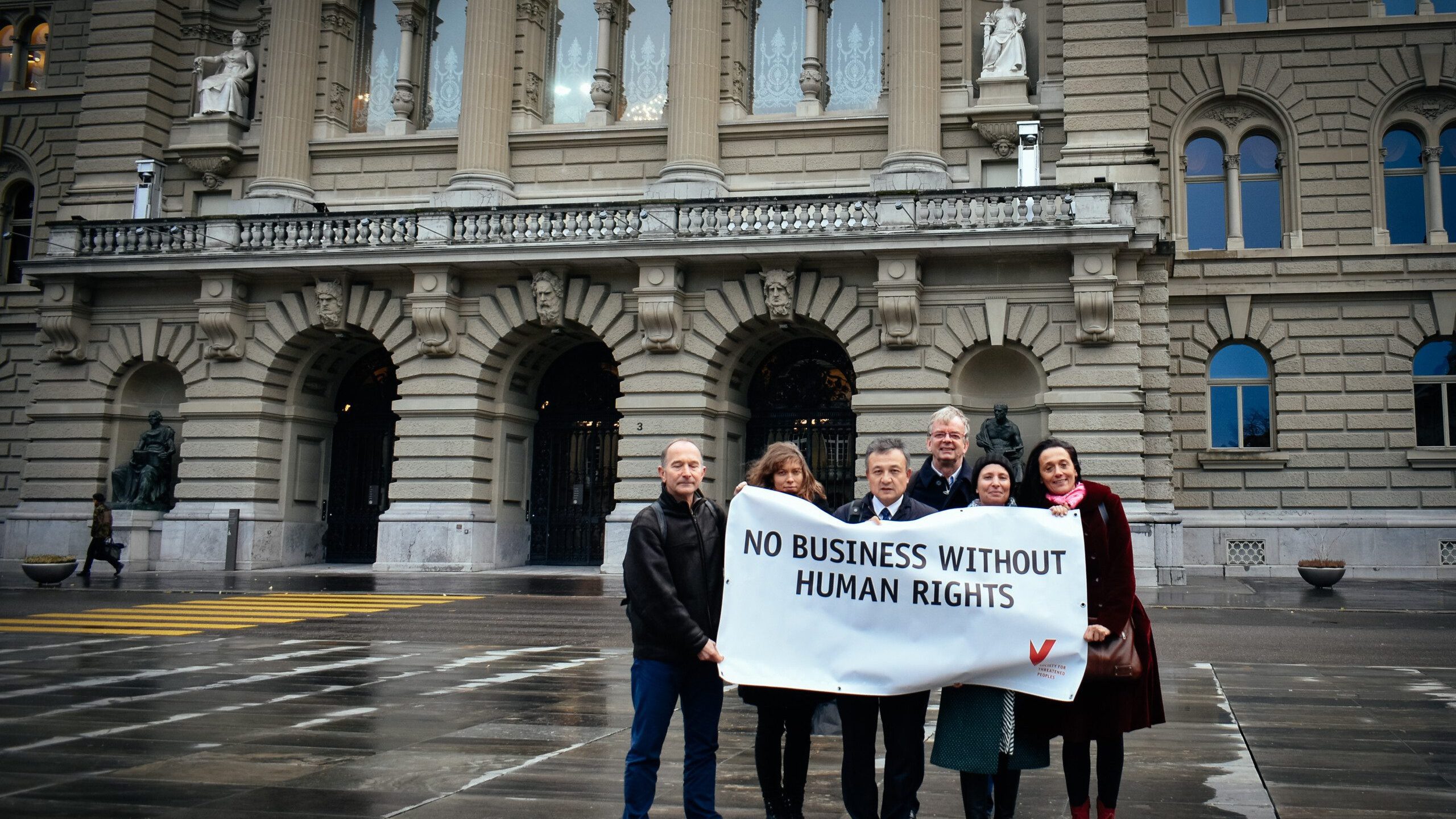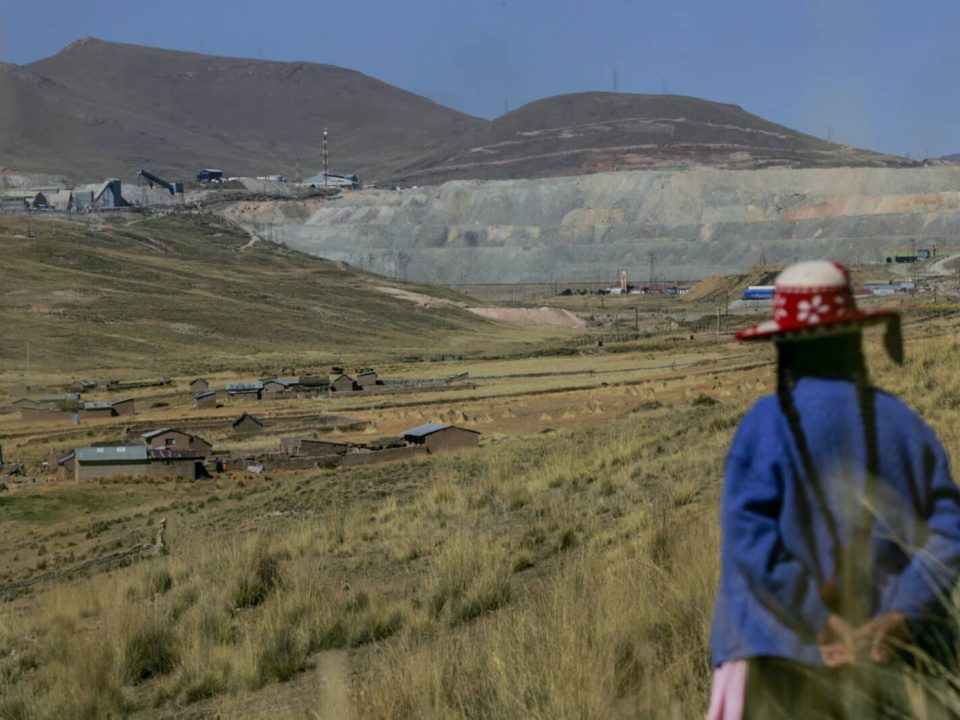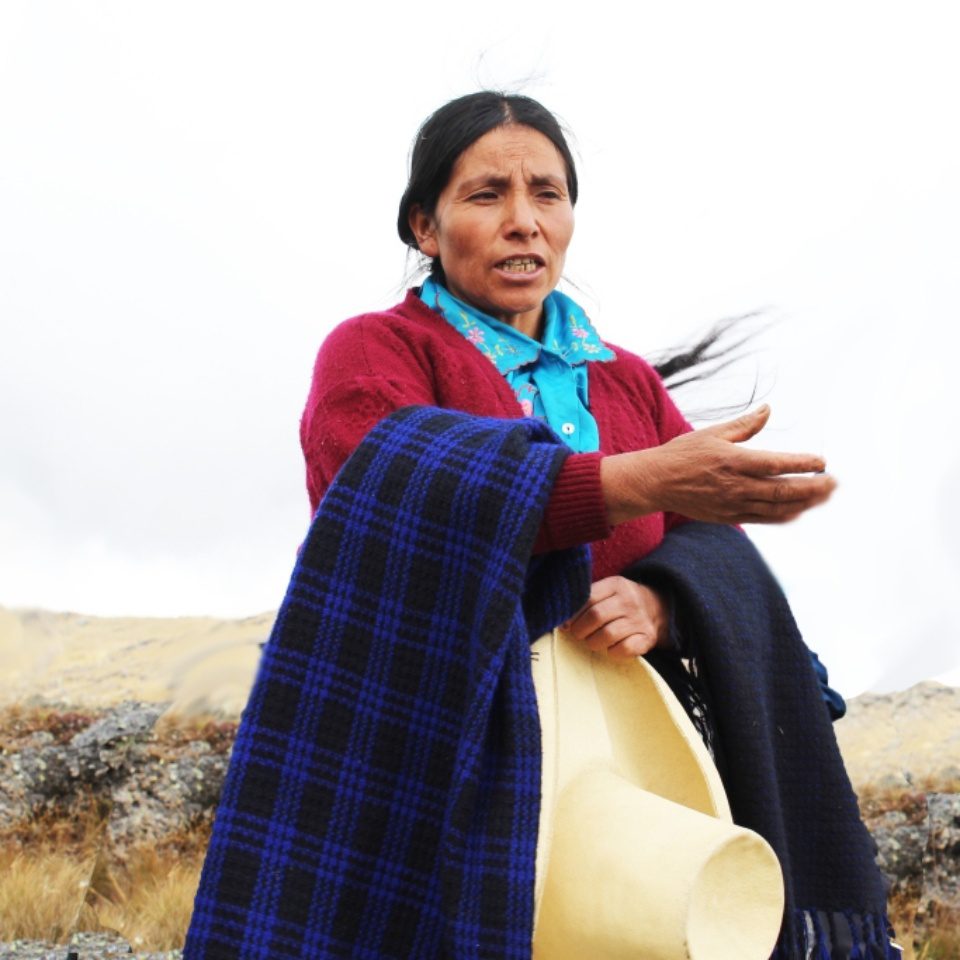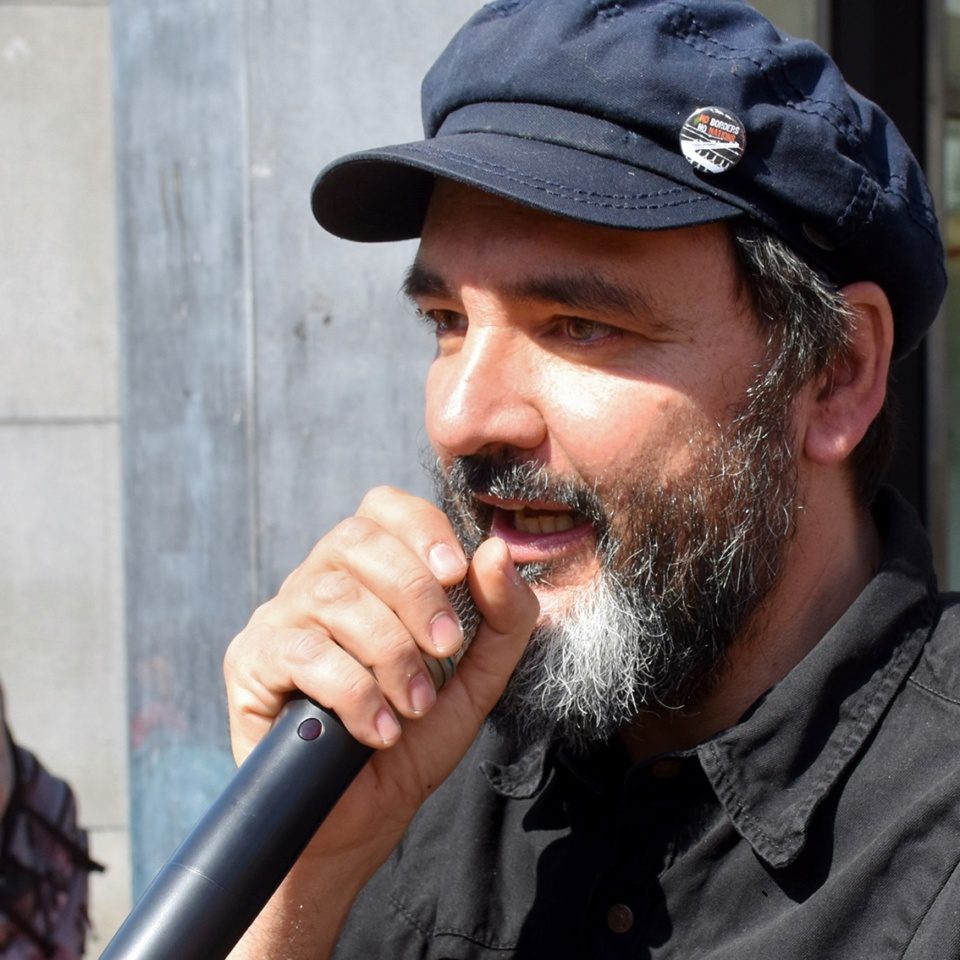Corporations must take responsibility
Corporations must uphold human rights and environmental standards, and make sure that their business partners and subsidiaries also act in accordance with these rights and standards. The STP has spent years campaigning for this.
Corporations based in Switzerland do not always respect human rights and environmental standards. Outside Switzerland in particular, their activities are rarely subject to state control, so violations repeatedly occur. Indigenous communities and minorities are particularly affected: They put up resistance against expropriation and environmental pollution, often experiencing intimidation and violence in return. Time after time, governments and corporations also violate the right of Indigenous communities to have a say, especially in the raw materials and infrastructure sectors. When such firms are headquartered in Switzerland, part of the responsibility resides in this country. However, Swiss firms are ignoring the responsibility that they share with their subsidiaries, suppliers and customers – due in no small part to the lack of pressure from Switzerland’s politicians and government. The latter repeatedly prioritises profit over human rights, as demonstrated by (among other things) the fact that Switzerland will soon be the only country in Europe without a law on corporate responsibility. This means that affected communities lack a legal basis on which to demand their rights.
In order to change this, the STP is working with affected communities to fight for their rights – and campaigning in Switzerland to ensure that multinational corporations can be held accountable.
What the STP is doing for corporate responsibility
The STP draws attention to business practices that violate human rights, and supports affected communities in legal proceedings and in talks with the firms responsible. In addition, it is also striving to ensure that corporate responsibility is finally enshrined in Swiss law as well.
The STP provides information and publicises any problematic involvement of Swiss firms – in the Brazilian Amazon, East Turkestan, Tibet and the Arctic region. In so doing, it works closely with affected communities and helps them to pursue their goals. In this context, depending on the partners’ priorities, the STP focuses on supporting local resistance, on public relations work or on talks with the corporations responsible. One tried-and-tested mechanism is that of arbitration proceedings at the Swiss National Contact Point for Responsible Business Conduct (NCP): The STP handles NCP complaints and has a seat on the NCP’s advisory board, so as to improve its strategic orientation in the interests of affected communities.
However, the STP also assists the affected communities with legal matters and, if necessary, even initiates legal action to ensure greater corporate responsibility. For instance, the STP went all the way to the Federal Supreme Court to gain insight into Swiss gold refineries’ trading partners in accordance with the Freedom of Information Act, because transparency is essential: The communities need to know which corporations are responsible, in order to hold them to account and demand their rights.
The STP is also addressing the legal basis. As one of the 12 supporting organisations behind the Swiss Coalition for Corporate Justice (KKV), it supported the Responsible Business Initiative from day one. The aim of this initiative was to ensure that companies based in Switzerland also respect human rights and environmental standards in their activities abroad. In terms of the popular vote, the electorate approved the initiative in 2020, but the required majority of cantons was not achieved, so the initiative failed.
Meanwhile, the EU agreed on a definitive corporate responsibility directive at the end of 2023: it obliges large companies across Europe to comply with human rights and environmental standards in their business activities. The regulation provides for the introduction of supervisory authorities in all EU states: These can impose fines in the event of violations. Those affected by human rights violations and environmental damage are now also entitled to compensation if these were caused by companies based in the EU. The directive will be formally confirmed in the spring.
This threatens to finally make Switzerland the only country in Europe without corporate responsibility. To prevent this from happening, the STP is also campaigning on the board of the Coalition for Corporate Responsibility for an effective corporate responsibility law.
Achievements
In recent years, the Society for Threatened Peoples, together with its partners, has had some successes in advocating for the rights of Indigenous communities and minorities in the context of corporate responsibility.
STP exposes the role of UBS and CS in the construction of the North Dakota Access Pipeline
2016: The STP drew attention to the fact that the two Swiss banks UBS and Credit Suisse were playing a major role in funding the construction of the controversial North Dakota Access Pipeline in the USA. This triggered numerous protest campaigns and further research by Greenpeace in Switzerland.
NCP responds to STP complaint against CS
2017: The OECD’s National Contact Point (NCP) addressed the complaint filed by the STP in April against Credit Suisse. The Swiss bank had played a substantial part in financing the construction firms involved in the controversial North Dakota Access Pipeline, which runs through the Indigenous reservation Standing Rock and poses major risks of water pollution for the Indigenous Sioux people living there.
Mobilisation for corporate responsibility initiative
2020: The STP contributed to the broad mobilisation of the population in the referendum campaign for the Responsible Business Initiative. Despite the disappointment of failing to achieve approval in a majority of cantons, the high visibility of the initiative and the widespread discussion in the run-up to the vote sent a clear signal in favour of corporate responsibility.
Research into the role of UBS in the financing of controversial agricultural companies
2022: In its research on UBS’s role in financing controversial agricultural corporations, the STP showed how UBS was providing two agricultural corporations with money from global investors via its Brazilian investment bank. Both companies are involved in illegal deforestation, environmental destruction and human rights violations. The STP made this information publicly accessible in a report, a web story and an explanatory video, thereby contributing to the widespread debate on corporate responsibility.










